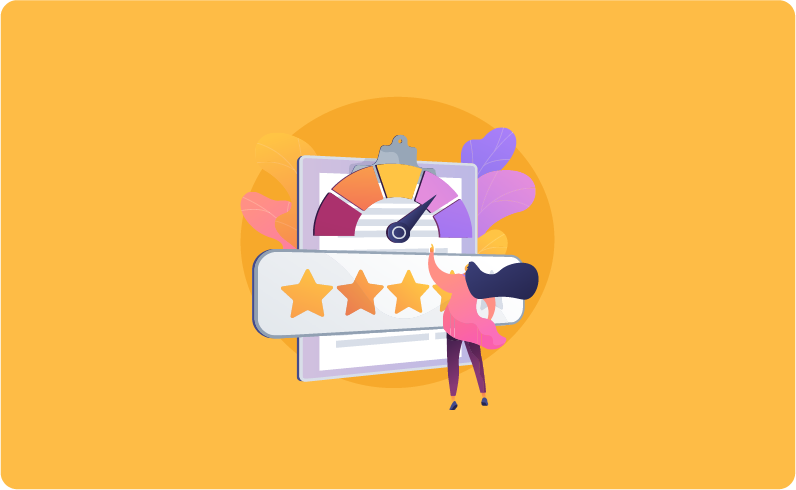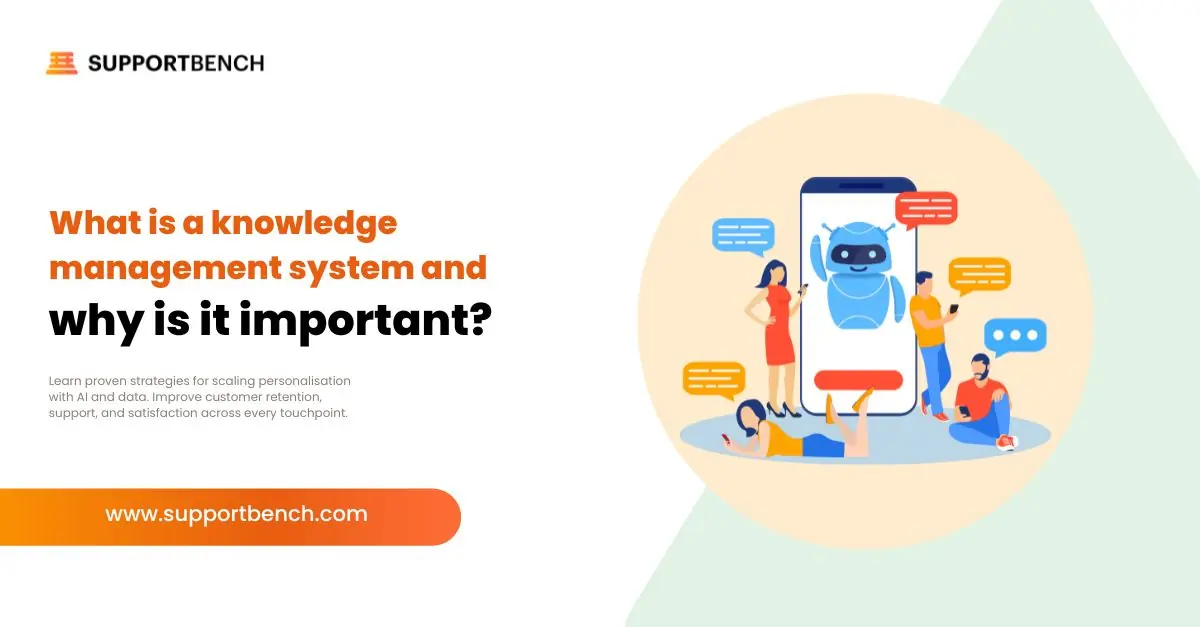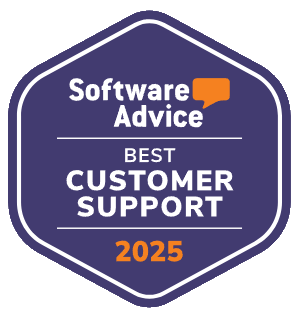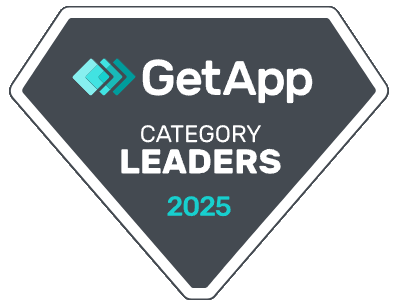The B2B landscape is rapidly evolving, and the stakes for enterprise companies have never been higher. In this digital age, customer support isn’t just a function; it’s a pivotal factor that can make or break an enterprise’s reputation, customer retention, and ultimately, its bottom line. Here, we’ll explore the potentially dire consequences for B2B enterprises that fail to transition from traditional tools like Zendesk to more comprehensive solutions like Supportbench.
Falling Behind the Innovation Curve
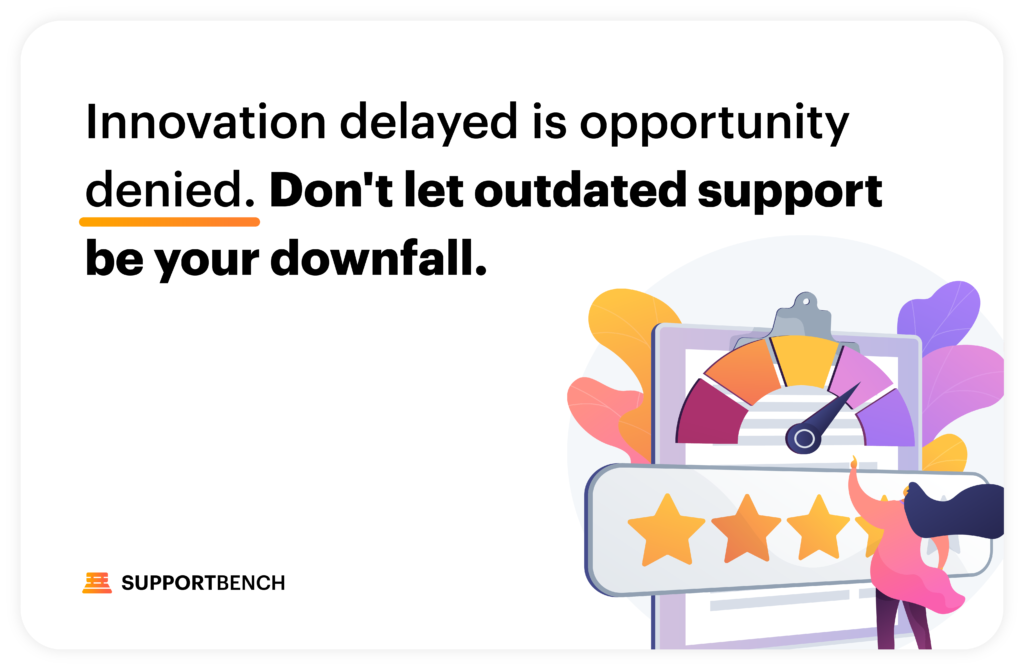
While Zendesk has its merits, staying with a system that might not be growing at the pace of modern business demands could stifle innovation. Supportbench, with its advanced features such as AI-driven summaries and dynamic SLAs, ensures companies remain at the cutting edge. Companies that don’t make the switch risk being overshadowed by competitors who offer quicker, more tailored support experiences. In the B2B space, where contract values can reach millions, losing even one client due to outdated support mechanisms can result in significant financial setbacks.
Inefficient Scaling
For growing B2B enterprises, scalability is crucial. Supportbench is built with growth in mind, reducing the dependency on IT teams and offering a fully customizable interface. Staying with systems that don’t prioritize scalability can result in inefficiencies, longer response times, and increased overhead costs as companies grow. This not only strains internal resources but can also lead to customer dissatisfaction, harming long-term client relationships.
Missed Opportunities for Personalized Support
In the current digital age, personalization is not just preferred; it’s expected. With dynamic SLAs and comprehensive customer health scoring, Supportbench provides insights that help tailor the support experience. Relying on platforms without these capabilities means missing out on opportunities to impress clients with individualized attention. In B2B, where relationships are paramount, this could lead to reduced customer loyalty and even contract terminations.
Lack of Comprehensive Data Analytics
Supportbench’s emphasis on data-driven decision-making ensures support leaders have a 360-degree view of their operations. Without comprehensive data analytics, enterprises risk making uninformed decisions. This lack of insight can result in wasted resources, unresolved recurring issues, and ultimately, dissatisfied customers who may voice their concerns in industry circles, damaging the enterprise’s reputation.
Security Concerns
With increasing threats in the digital landscape, role-based security, like what Supportbench offers, becomes essential. If companies continue with platforms that don’t prioritize advanced security measures, they expose themselves to potential data breaches. In the B2B space, where trust is crucial, a single security mishap can result in lost clients, legal repercussions, and a tarnished brand image.
Limited Automation and AI Integration
Supportbench’s focus on AI, including ChatGPT integration, offers B2B enterprises a glimpse into the future of customer support. By not transitioning to platforms that embrace AI and automation, enterprises risk becoming relics in a world that’s swiftly moving towards autonomous support. This not only increases operational costs but also means slower response times, which can frustrate clients.
The shift from tools like Zendesk to comprehensive solutions like Supportbench isn’t just about keeping up with the times; it’s about anticipating the future and positioning the enterprise for success. Failing to make such a transition can result in stagnation, reduced competitive advantage, and potential financial and reputational risks. For B2B enterprises, the choice is clear: evolve and thrive or remain static and risk obsolescence.
The dynamic needs of modern Enterprise businesses and customers call for more than just what’s tried and tested. Here’s a deep dive into why Supportbench emerges as the only true alternative to Zendesk:
Embracing Dynamic SLAs for Personalized Experiences
In a survey conducted by the Customer Service Institute, over 70% of enterprises believe that personalized SLA’s significantly enhance customer satisfaction. Unlike static SLAs, dynamic SLAs pivot according to real-time situations. For instance, if a key product renewal is on the horizon, dynamic SLAs ensure tighter response times. By personalizing the customer experience in the way Supportbench does, based on case-specific requirements, businesses can foster trust and reliability. This approach prevents a ‘one-size-fits-all’ treatment, ensuring that critical customer issues are prioritized and managed efficiently. Companies need to analyze past ticket histories and identify patterns. Using AI-driven insights, such as those offered by Supportbench, will allow for the creation of dynamic SLA templates that can be tweaked in real-time.
The Power of Knowledge-Centered Service (KCS)
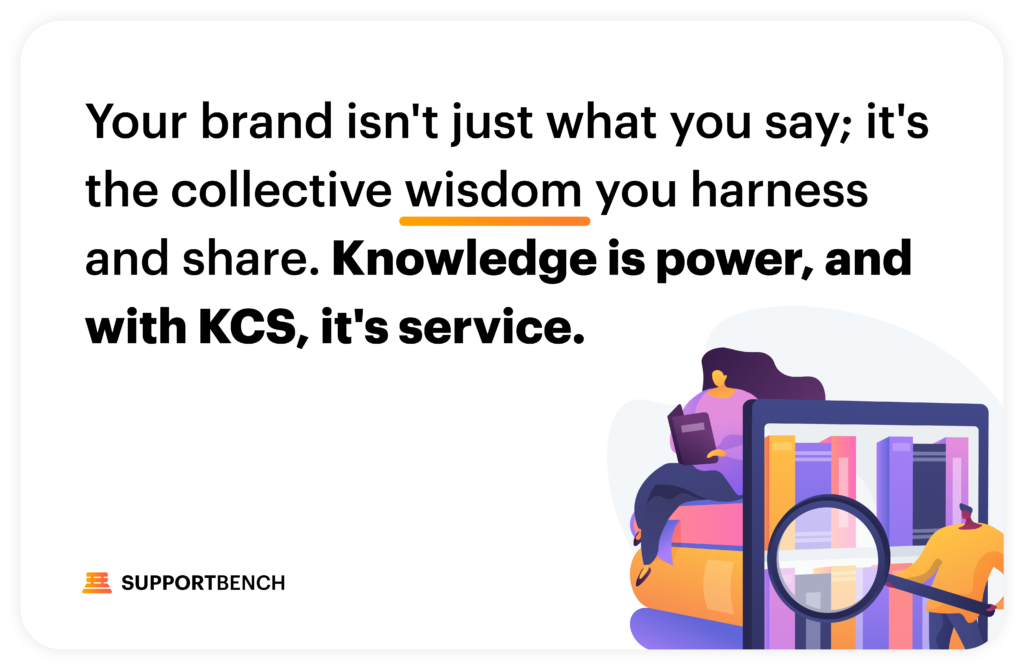
As quoted by Jeff Bezos, “Your brand is what other people say about you when you’re not in the room.” KCS is more than just a knowledge base; it’s about leveraging collective organizational wisdom. By promoting a culture where agents actively create, update, and use knowledge, organizations can accelerate resolution times and boost agent productivity. KCS bridges the gap between agents and customers, providing both with the tools and knowledge to solve issues collaboratively. And, regularly updating your KCS encourages team members to contribute, and employ AI for article suggestions and optimization. This ensures the right knowledge is always at everyone’s fingertips.
Harnessing Customer Health Scores
According to a Gartner report, businesses that utilize health scores see a 15% increase in customer retention. Health scores are dynamic indicators of a customer’s relationship-health, derived from multiple touchpoints such as support interactions, survey feedback, and product usage. These scores offer a proactive approach to customer support, allowing teams to identify at-risk relationships before they sour. It’s imperative to regularly assess your health scoring criteria. Using platforms like Supportbench, which seamlessly integrates these scores, will guide agent interactions, prioritizing outreach and personalizing responses.
The Rise of Autonomous Support with AI and Chatbots
Microsoft’s recent report showcased that 85% of customer interactions would be managed without human intervention by 2025. AI-driven chatbots, such as those using ChatGPT, are playing a pivotal role in this shift, providing instant responses to FAQs and offloading routine tasks from agents. We’ve seen that Chatbots provide instant value, are always available, and can handle an infinite number of parallel interactions. It’s important to integrate chatbots for handling primary-level queries and seamless ticket escalation. But you have to train your bot to use historical data and regularly update its knowledge for optimized responses in order to be most effective.
Data-Driven Decision Making
“Without big data analytics, companies are blind and deaf, wandering out onto the web like deer on a freeway,” says Geoffrey Moore, an American consultant. In today’s age, customer support isn’t just about resolving tickets; it’s about understanding the ‘why’ behind each issue. Most certainly, dashboards, KPI scorecards, and 360-degree overviews can offer game-changing insights into recurring issues, agent performance, and customer sentiment. It’s integral to invest in platforms that provide data analytics capabilities. By tapping into the power of data, as Supportbench does, support leaders can continually refine their strategies, ensuring top-notch service.
Role-Based Access for Enhanced Security and Personalization
With the increasing emphasis on data privacy, businesses can’t afford to overlook role-based security. As highlighted by Cybersecurity Ventures, cybercrime damages are expected to hit $6 trillion annually by 2021. Role-based access ensures that agents and customers only access pertinent data, fostering a sense of trust while also adhering to compliance regulations. By, regularly auditing user roles and permissions, platforms like Supportbench allow for streamlined role management, ensuring data integrity and security.
Supportbench as the Differentiator in Today’s Enterprise World
Clearly, Supportbench’s approach towards enterprise client care represents a paradigm shift. While tools like Zendesk may have paved the way before, the continually changing customer service landscape requires an amalgamation of autonomous support infrastructure, seamless management, and data-driven innovation. It’s no longer about just answering queries; it’s about offering personalized, proactive, and efficient solutions tailored for each customer. To support leaders eyeing the future, these emerging trends and practices underscore the significance of being adaptable, data-driven, and customer-centric. Tools like Supportbench, with their emphasis on flexibility, autonomy, and innovation, are not just Zendesk alternatives but also the flagbearers of tomorrow’s customer support success stories.


